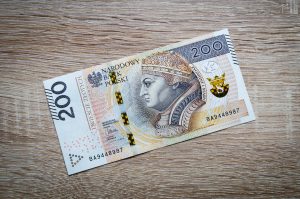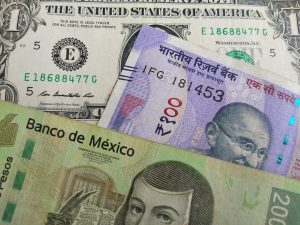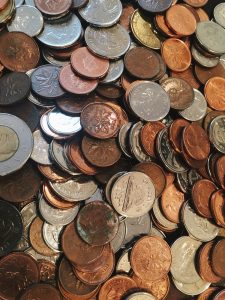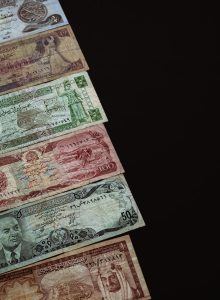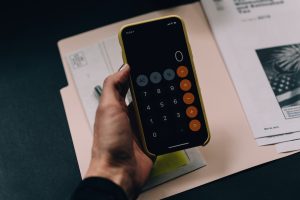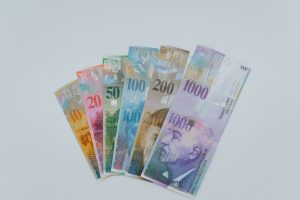Forex trading is a popular investment opportunity for many South Africans. However, as with any investment, forex trading is subject to taxation. In order to avoid paying unnecessary taxes, it is important to understand the tax implications of forex trading in South Africa and take steps to minimize your tax liability. In this article, we will explore how to avoid tax trading forex in South Africa.
Understand the Tax Implications of Forex Trading in South Africa
Forex trading is subject to capital gains tax in South Africa. This means that any profits you make from forex trading are subject to tax. The tax rate for capital gains in South Africa is currently 18%, which is relatively low compared to other countries. However, if you are a high-volume trader, the tax could add up quickly.
In addition to capital gains tax, forex trading is also subject to income tax. If you are a full-time forex trader and forex trading is your primary source of income, you will be subject to income tax. The tax rate for this is higher than capital gains tax and can range from 18% to 45%.
Minimize your Tax Liability
There are several ways to minimize your tax liability when forex trading in South Africa. The first is to make use of tax-deductible expenses. As a forex trader, you can deduct certain expenses from your taxable income. These expenses include internet and telephone costs, trading software, and data fees. By deducting these expenses, you can lower your taxable income and reduce your tax liability.
Another way to minimize your tax liability is to use tax-efficient investment vehicles. One such vehicle is a tax-free savings account (TFSA). A TFSA allows you to invest up to R36,000 per year without paying any tax on the returns. This means that any profits you make from forex trading within a TFSA will be tax-free.
Another tax-efficient investment vehicle is a retirement annuity (RA). An RA allows you to invest money for your retirement and receive tax benefits. Contributions to an RA are tax-deductible, which means that you can reduce your taxable income by contributing to an RA. Additionally, any returns on your RA investment are tax-free.
Keep Accurate Records
Keeping accurate records is essential when it comes to forex trading and taxation. You should keep a record of all your forex trades, including the date of the trade, the amount traded, the exchange rate, and the profit or loss. This will help you to calculate your tax liability accurately and avoid any potential issues with the South African Revenue Service (SARS).
Use a Professional Tax Advisor
If you are unsure about how to minimize your tax liability when forex trading in South Africa, it is a good idea to consult a professional tax advisor. A tax advisor can help you to understand the tax implications of forex trading and provide guidance on how to minimize your tax liability. They can also help you to prepare and file your tax returns, ensuring that you are fully compliant with South African tax laws.
In conclusion, forex trading in South Africa is subject to taxation, and it is important to understand the tax implications of forex trading and take steps to minimize your tax liability. By keeping accurate records, using tax-efficient investment vehicles, and consulting a professional tax advisor, you can ensure that you are fully compliant with South African tax laws and minimize your tax liability when forex trading.




